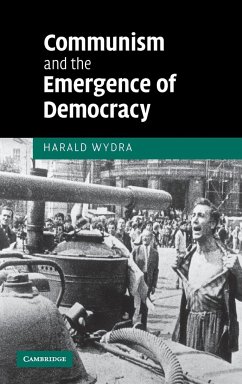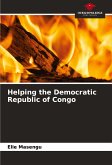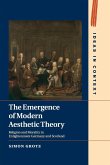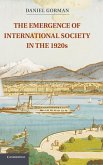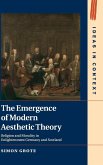Before democracy becomes an institutionalised form of political authority, the rupture with authoritarian forms of power causes deep uncertainty about power and outcomes. This book connects the study of democratisation in eastern Europe and Russia to the emergence and crisis of communism. Wydra argues that the communist past is not simply a legacy but needs to be seen as a social organism in gestation, where critical events produce new expectations, memories, and symbols that influence meanings of democracy. By examining a series of pivotal historical events, he shows that democratisation is not just a matter of institutional design, but rather a matter of consciousness and leadership under conditions of extreme and traumatic incivility. Rather than adopting the opposition between non-democratic and democratic, Wydra argues that the communist experience must be central to the study of the emergence and nature of democracy in (post-) communist countries.
'This book is a compelling meditation on democracy set concretely in the history of European communism and its transformation. Placing culture, people and action at center stage, Harald Wydra's analysis is interpretive, scholarly and intelligent.' Michael Urban, Professor of Politics, University of Kansas

